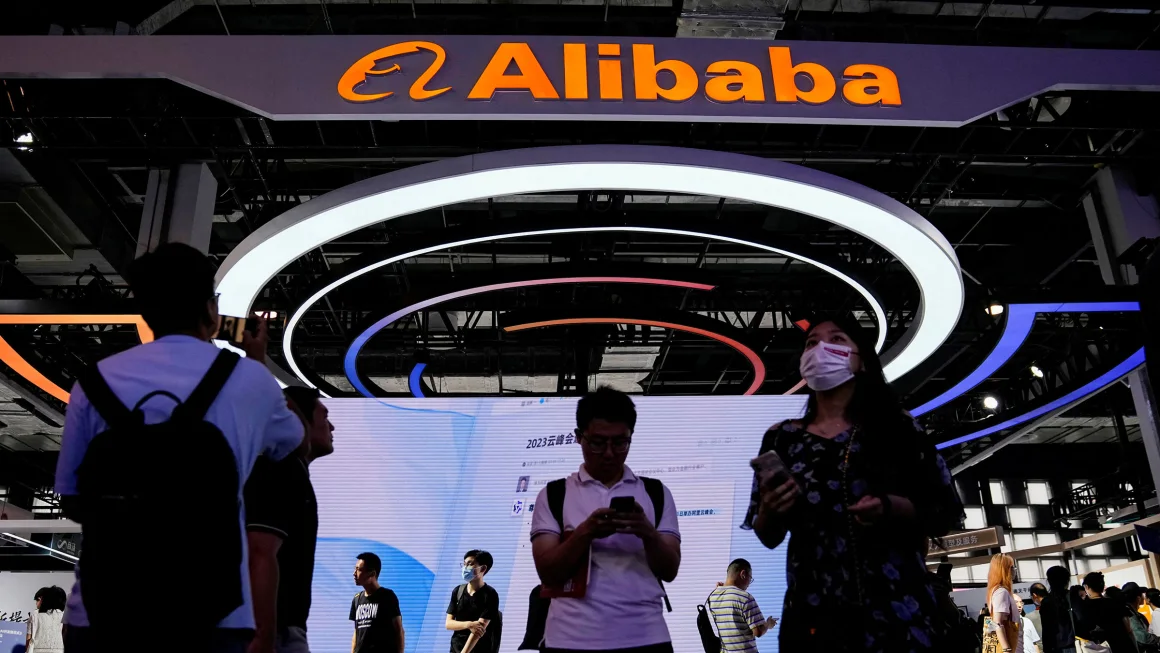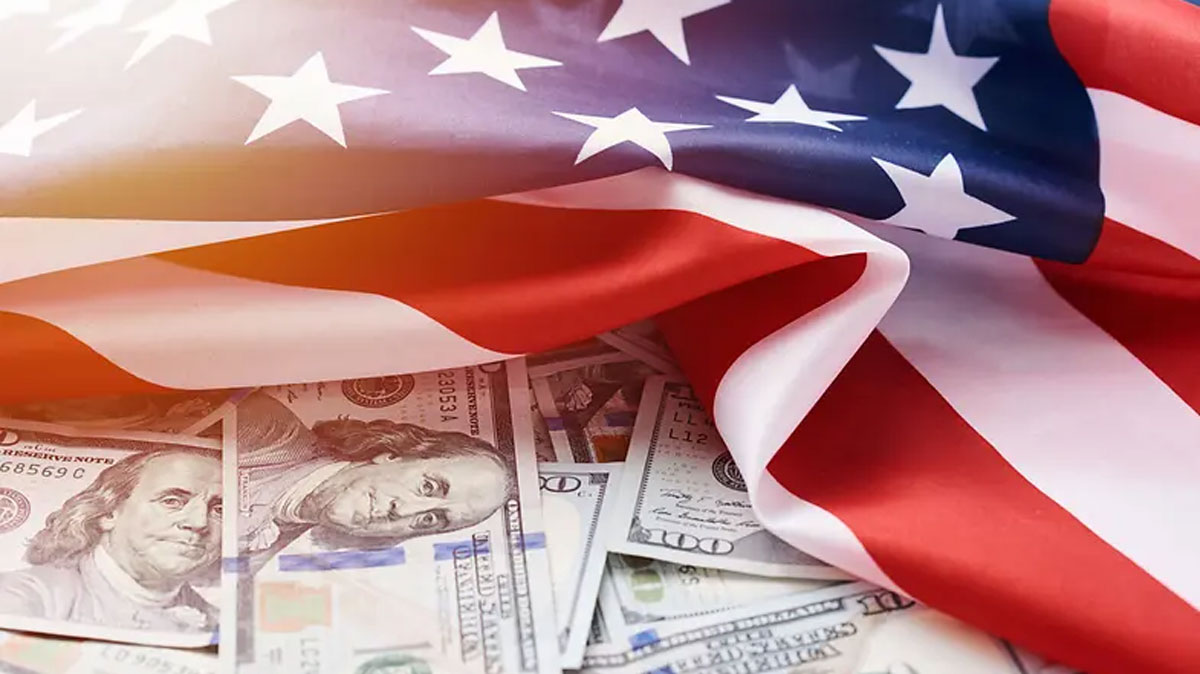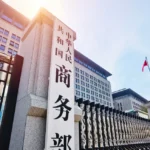USPS Reverses Suspension Decision
The US Postal Service (USPS) announced Wednesday morning that it will resume accepting incoming international parcels from China and Hong Kong after initially suspending them late Tuesday night. The brief suspension was not officially explained, but USPS suggested it was related to new tariffs imposed on Chinese goods and the elimination of the de minimis exemption. This exemption had previously allowed packages worth less than $800 to enter the US without duties or inspections. Implementing the new import taxes has posed logistical challenges.
“The USPS and Customs and Border Protection are working closely together to implement an efficient collection mechanism for the new China tariffs to ensure the least disruption to package delivery,” USPS stated Wednesday.
E-commerce Giants Affected
The temporary halt in shipments threatened major e-commerce companies like Shein and Temu, which rely on the de minimis exemption to keep costs low. The exemption has allowed over a billion packages to enter the US annually, offering consumers affordable goods. DHL confirmed it was working with clients to adapt to these regulatory changes, while FedEx and UPS have yet to comment.
Logistical Challenges
Christine McDaniel, a senior research fellow at George Mason University’s Mercatus Center, emphasized the difficulty of enforcing the policy. “At a practical level, it’s nearly impossible,” she said, adding that businesses and retailers warned of significant disruptions.
Morningstar senior equity analyst Chelsey Tam noted that USPS would need considerable time to adjust. “There were 4 million de minimis packages per day in 2024, and it is difficult to check all the packages,” she explained.
According to a June 2023 US congressional report, nearly half of all packages shipped under the exemption originated from China, making the termination of the policy particularly impactful for Chinese businesses.
China Responds with Tariffs
In response to the US tariffs, Beijing announced retaliatory measures, including a 15% tax on certain coal and liquefied natural gas imports, and a 10% tariff on crude oil, agricultural machinery, and large-displacement vehicles. These tariffs take effect on February 10.
Additionally, China imposed new export controls on over two dozen metal products and related technologies. It also added two American companies, biotech firm Illumina and fashion retailer PVH Group, to its unreliable entities list.
Political Fallout
China’s Foreign Ministry condemned the US actions, urging Washington to “stop politicizing economic and trade issues.” Ministry spokesperson Lin Jian stated that China would “continue to take necessary measures to firmly defend the legitimate rights of Chinese companies.”
Meanwhile, former President Donald Trump, who imposed the tariffs, indicated he was in “no rush” to speak with Chinese President Xi Jinping, despite suggesting earlier that a conversation might take place soon. Experts warn that enforcing package inspections could significantly slow down deliveries, further complicating trade relations.
Currently, US Customs and Border Protection has the authority to inspect all international packages but does not open every single one in practice. The implementation of new tariffs may change this approach, creating further delays.














